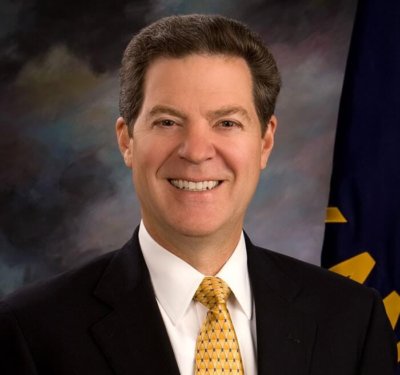Governor Brownback’s State of the State address notably emphasized that students and citizens should come first, not government. That sentiment created a great deal of heartburn for the many legislators and special interests who prefer big tax increases, upwards of $1 billion more in spending and no accountability for schools to improve outcomes but it was welcomed by those who believe that Kansans can best decide how their children should be educated and that their taxes should be efficiently spent.
He called for “…a school finance system driven by outcomes that provide more opportunities to our students” and also said, “We need to measure success not by dollars spent, but by the achievement of our students.” Both would be reversal of historic practices. The Governor also supported several education policies championed by Kansas Policy Institute:
- Merit pay for effective teachers
- Expansion of the tax credit scholarship program for low income students
- A grading system for each school building so parents can monitor achievement progress
- Creation of education savings accounts to give parents more options for their children to get the education they deserve
Predictably, some media reports ignored these proposals.
On the state budget, he said he and the Legislature “…owe it to Kansas taxpayers…” to find efficiencies before asking for more revenue”, but the governor proposed $200 million in annual tax increases even though the state still is quite inefficient. To his credit, he did propose significant efficiency savings for K-12 education and there should be significant efficiencies identified when the State Budget Office finalizes the Performance-Based Budgeting process next year.
The proposed tax increases equate to approximately 3 percent of General Fund spending, so tax increases could – and we believe should – be avoided by substituting a place-holder for anticipated efficiency opportunities. Further analysis of the Governor’s state of the state and his budget proposal can be found here.





